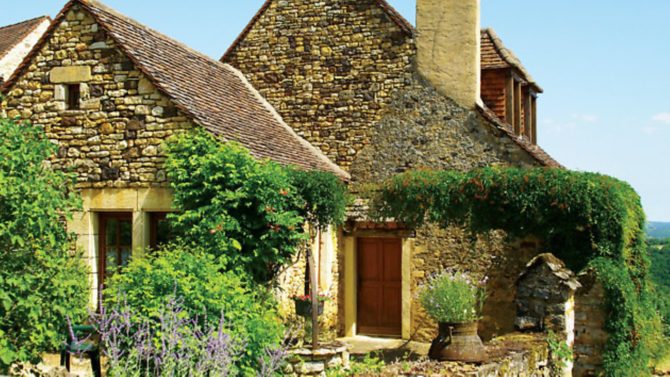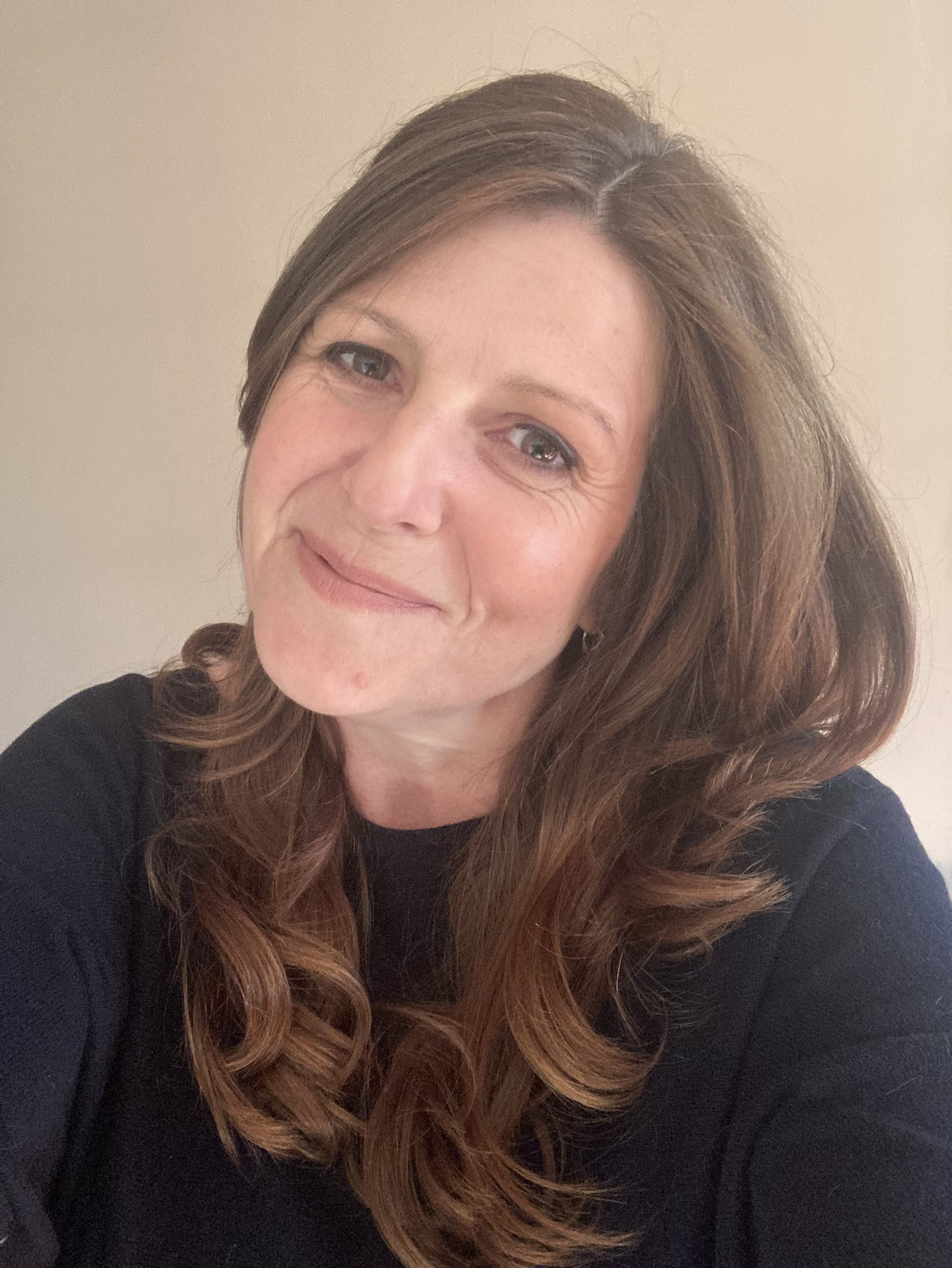10 insider tips for successful househunting


Planning a househunting trip to France? Follow these 10 insider tips to make sure everything goes smoothing and you find your dream French property
1. Set your budget
This may sound like an obvious thing to decide but a surprising number of househunters have a wavering budget, particularly when looking for holiday homes abroad. Often they’ll look first to see what’s available. If possible, go with a fixed idea of how much you have to spend, perhaps with an upper limit you’re willing to stretch to if you find your dream home. Don’t forget to factor in buying costs (notaire and agency fees) as these amount to around 10% of the asking price.
2. Narrow down your property search area
France is a large country with each region covering a huge area, especially now some have merged as a result of the new administrative borders. Don’t underestimate how long it can take to travel around rural areas, where roads are often narrow and winding. If you can pinpoint a particular area you will find it much easier to view properties.
Read more: How to start a property search in France
How to decide where to buy in France
3. Make some decisions about the type of property you want/need
Think carefully about the size of property you want (and need), whether you want outdoor space, whether only old or new will do or whether you’re willing to consider all ages of property, and how close you want to be to neighbours, shops, restaurants and other facilities and amenities. Also decide which features you would be willing to compromise on and which are set in stone.
What type of French property do you want to buy?
4.Write a wishlist
This is a great exercise; by doing so you can narrow down what is absolutely essential and what would be desirable. Grade your wishlist and make sure you take it with you on viewings so you can tick things off and add comments.
5. Make sure you get the most out of your estate agent
Your agent should be your best friend when viewing properties. Not only can they advise you on the property itself, they’re usually a font of knowledge on the area and buying process. Be honest with them; let them know if a property you’re viewing doesn’t suit you, and likewise, make sure they realise when you’re serious about a property. Although they work for the seller, they can usually advise on the price that the vendor will accept. Note that agents usually need advance warning of your visit in order to arrange viewings and they will usually accompany you on these.
6. Get your finances in place
Ensure your finances are in place before you start viewing properties, and then if you’re lucky enough to find ‘the one’, you can make an offer straight away. It also indicates to the vendor that you are a serious buyer and they will thus be more likely to accept your offer. That said, even if you do sign the sales contract (compromis de vente), there is a ‘get-out- clause that states that if you are unable to obtain a mortgage, the contract is rendered null and void.
What are the differences between French and UK mortgages?
7. Don’t try to do too much on a property viewing trip
It can be easy to underestimate the time it takes to travel around an area so don’t try and fit in too many viewings in too short a time. Not only will it be stressful, but you’ll be unlikely to properly take in all the details and information about each property, and you’ll miss out on the opportunity to explore the area.
8. Look beyond the property
Take time to explore beyond the property too. Take a stroll into the village or town centre, drive around the immediate countryside, chat to your potential neighbours and locals, and find out what there is to do.
9. Visit the area at different times
Ideally you should visit at different times of the year, as a typical French village or seaside resort can offer varying experiences in summer and winter. At the very least it is a good idea to visit on a weekday and weekend, for example, or at a quiet time of day and rush hour (if there is one!).
10. Take a camera and notepad
This is especially important if you’re visiting several properties as they tend to merge together! Take plenty of photos and notes, including pros and cons for each property and anything to research later.
Like this? Don’t miss:
Why should I buy a property in France?
Share to: Facebook Twitter LinkedIn Email


